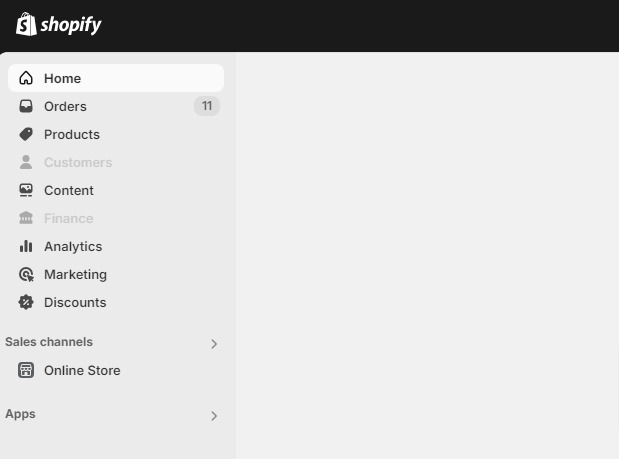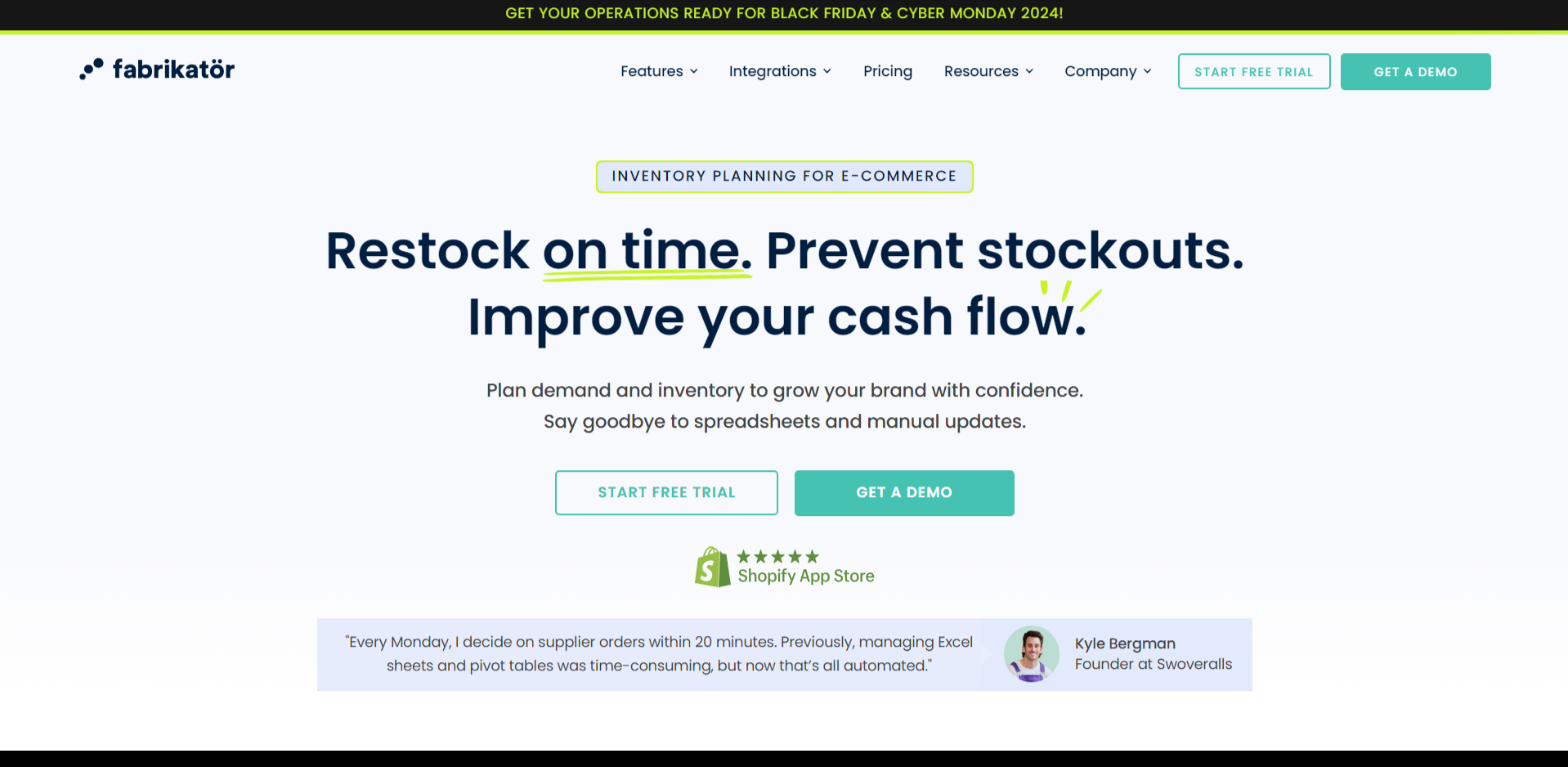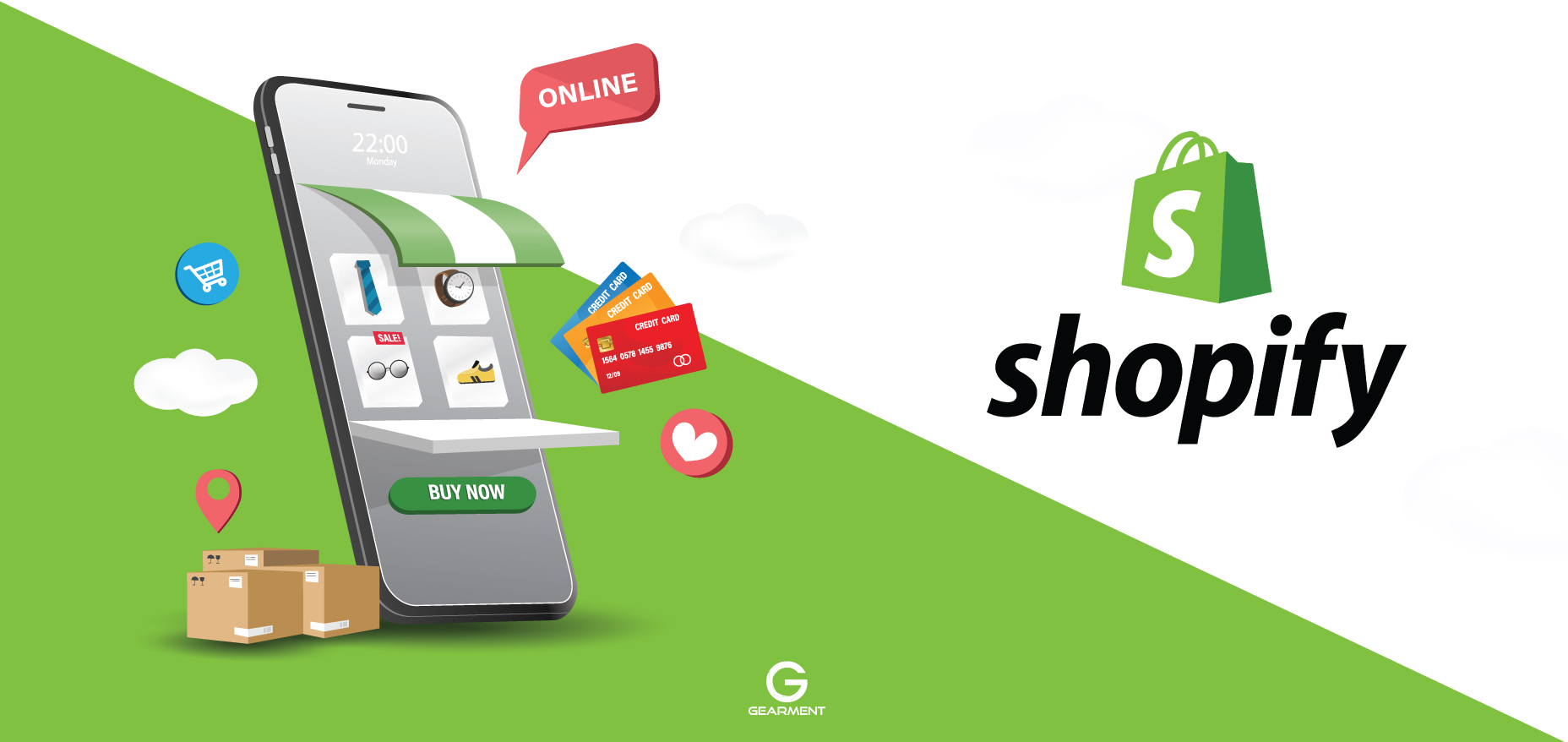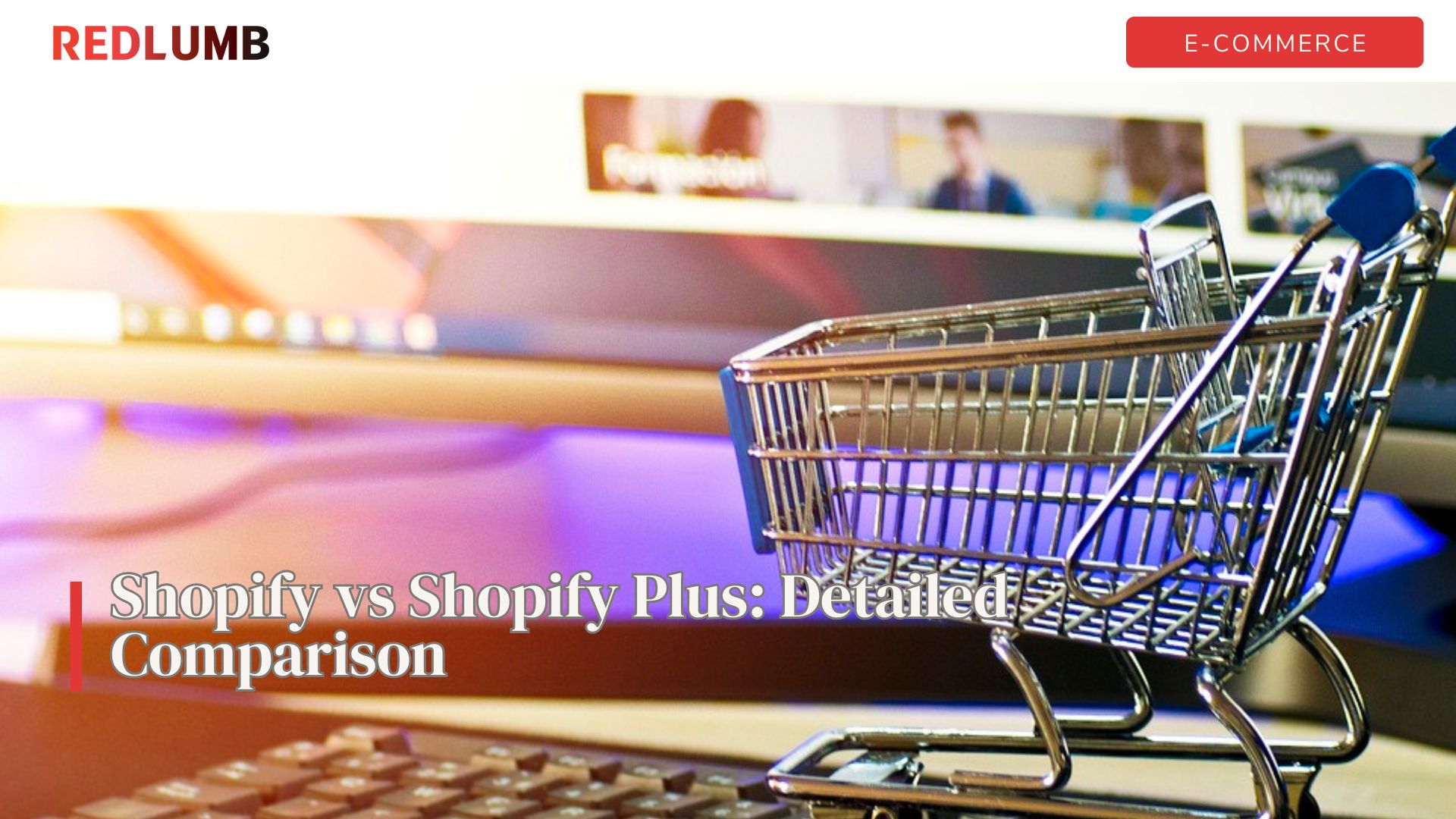E-commerce platforms have become the backbone of modern business success, with Shopify standing at the forefront of this digital revolution. The platform’s evolution has led to two distinct offerings: Shopify and Shopify Plus, each designed to serve different business scales and complexities. While Shopify powers millions of small to medium-sized businesses worldwide, Shopify Plus caters to enterprise-level operations with advanced customization needs and higher transaction volumes.
The difference between Shopify vs Shopify Plus extends beyond basic features, encompassing everything from API access to dedicated support systems. For businesses evaluating their e-commerce platform options in 2025, understanding these distinctions is crucial for making an informed decision that aligns with their growth trajectory and operational requirements.
[su_list class=”story-highlight”]Key Takeaways
- Shopify supports small to medium businesses, while Shopify Plus targets enterprises with over $1M in annual revenue, offering advanced customization, scalability, and tailored support.
- Shopify Plus provides custom checkout, advanced APIs, multiple storefronts, automation tools, and B2B functionality, making it ideal for complex, high-volume operations.
- Shopify Plus starts at $2,300/month and becomes cost-effective for businesses nearing $750K in annual revenue, requiring robust infrastructure for scaling and international expansion.[/su_list]
Comparison Table
| Feature | Shopify | Shopify Plus |
|---|---|---|
| Target Audience | Small to medium-sized businesses | Enterprise-level businesses generating $1M+ in annual revenue |
| Pricing | $39 - $399/month | Starts at $2,300/month (3-year term) or $2,500/month (1-year term) |
| Customization | Limited | Full code access, including checkout customization |
| API Access | Basic API capabilities | Advanced API resources for custom integrations |
| Multi-Store Management | Single storefront | Up to 10 unique storefronts |
| B2B Functionality | Not available | Enhanced features for B2B and DTC operations |
| Automation Tools | Basic functionality | Advanced automation through Shopify Flow |
| Transaction Volume | Suitable for lower transaction volumes | Handles over 10,000 transactions per minute |
| Support | 24/7 standard customer support | Priority support with dedicated account managers |
| Scalability | Limited scalability | Built for rapid growth and international expansion |
| Educational Resources | Basic resources | Shopify Plus Academy with advanced training |
| Community Access | Standard merchant community | Exclusive access to high-growth merchant community |
| Performance During Sales Events | Standard performance | 99.99% uptime during high-traffic events |
| Ideal Revenue Threshold | Best for businesses under $750K annually | Cost-effective for businesses approaching $750K annually |
| Infrastructure Support | Limited support | Advanced infrastructure for scaling operations |
| Implementation Support | Standard onboarding | Dedicated Launch Team for migrations and integrations |
| Staff Accounts | Limited | Unlimited staff accounts |
| Technical Support | Standard response times | Priority 24/7 phone support |
| Key Differentiator | Core e-commerce functionality | Advanced customization, scalability, and tailored support |
| Overall Suitability | Ideal for straightforward e-commerce needs | Perfect for high-volume, complex operations |
Understanding Platform Differences
The fundamental distinction between these platforms lies in their target audience and capabilities. While Shopify serves small to medium-sized businesses, Shopify Plus is engineered for enterprise-level operations with sales volumes exceeding $80,000 per month.

Shopify Plus enhances the core platform with advanced features designed for high-volume businesses. The platform offers exclusive capabilities including:
- Custom checkout experiences with complete code access.
- Advanced API resources for custom development.
- Ability to manage up to 10 unique storefronts.
- Dedicated account management and priority support.
- Advanced automation tools through Shopify Flow.
The pricing structure reflects these enhanced capabilities. Standard Shopify plans range from $39 to $399 per month, while Shopify Plus starts at $2,300 monthly on a 3-year term or $2,500 for a 1-year term. For businesses with complex needs or higher volumes, Shopify Plus shifts to a variable platform fee structure.
[su_service title=”Important” icon=”icon: exclamation-triangle” icon_color=”#00ae27″ size=”20″ class=”ImportntBox”]A key differentiator is the level of customization and control. Shopify Plus users gain complete access to their store’s code, including checkout page files, enabling tailored features aligned with specific business requirements. The platform also provides enhanced B2B capabilities, allowing businesses to manage both wholesale and direct-to-consumer operations on a single platform.[/su_service]
The platform’s infrastructure is built to handle substantial growth, supporting over 10,000 transactions per minute. This scalability, combined with a 99.99% uptime during major sales events, makes Shopify Plus particularly suitable for businesses anticipating rapid expansion or requiring robust performance during high-traffic periods.
Key Business Considerations
Making the transition between Shopify and Shopify Plus requires careful evaluation of several business metrics and operational needs. Revenue serves as a primary indicator, with Shopify Plus being most suitable for businesses generating annual revenue of $1 million or more. The platform’s monthly investment starts at $2,300 for a 3-year term or $2,500 for a 1-year term.
Beyond revenue thresholds, businesses should evaluate their operational complexities. Key factors that indicate a need for Shopify Plus include:
- High transaction volumes requiring robust infrastructure.
- Need for advanced customization and API integrations.
- Complex inventory management requirements.
- International market expansion plans.
- B2B selling capabilities requirements.
For businesses approaching $750,000 in annual revenue, the decision to upgrade should align with strategic growth objectives. The platform becomes particularly cost-effective when monthly transaction fees exceed the Shopify Plus platform fee.
The investment in Shopify Plus extends beyond basic platform costs, encompassing implementation, maintenance, and scalability considerations. For rapidly growing businesses, the platform’s ability to handle increased traffic and transactions becomes crucial during peak sales periods. This infrastructure support, combined with advanced automation features, can enhance customer support and streamline marketing operations.

Businesses should consider their team size and technical requirements, as Shopify Plus provides unlimited staff accounts and advanced API access. The platform’s sophisticated tools for handling web traffic and customer data, personalized marketing, and inventory management make it particularly valuable for operations with increasing complexity.
Support and Service Comparison
Support services mark a significant distinction between Shopify’s standard and Plus offerings. While both platforms provide 24/7 customer support, Shopify Plus elevates the service experience with priority access and dedicated assistance.
The cornerstone of Shopify Plus support is the Merchant Success Program, which assigns dedicated account managers to each business. These specialists provide personalized guidance, helping merchants optimize their platform usage and develop growth strategies. The support structure includes a Launch Team that assists with migrations and custom integrations, typically getting enterprise users operational within 90 days.
Shopify Plus merchants gain access to exclusive educational resources through Shopify Plus Academy, featuring self-guided training materials covering advanced topics like marketing, operations, and technical integrations. The platform also provides entry to an exclusive merchant community, enabling businesses to:
- Connect with other high-growth brands.
- Share operational strategies.
- Access early feature releases.
- Participate in beta programs for new platform capabilities.
[su_service title=”Info” icon=”icon: info-circle” icon_color=”#000″ size=”20″ class=”InfoBox”]Technical support receives particular attention in Shopify Plus, with priority 24/7 phone support and faster response times. This enhanced support system proves especially valuable during critical periods like major sales events or technical emergencies, ensuring minimal disruption to business operations.[/su_service]

The comprehensive support ecosystem reflects Shopify Plus’s enterprise-focused approach, providing the expertise and resources necessary for managing complex e-commerce operations at scale.
Which Platform Best Fits Your Business Needs?
The choice between Shopify and Shopify Plus represents a significant decision point for growing e-commerce businesses. Standard Shopify serves as an excellent foundation for small to medium-sized operations, while Shopify Plus delivers enterprise-grade capabilities essential for high-volume merchants generating over $1 million in annual revenue.
The platforms’ distinct features and pricing structures reflect their target markets. Standard Shopify offers core e-commerce functionality at accessible price points, ranging from $39 to $399 monthly. Shopify Plus builds upon these fundamentals with advanced customization options, dedicated support systems, and robust infrastructure capable of handling over 10,000 transactions per minute.
Business requirements ultimately drive platform selection. Companies approaching $750,000 in annual revenue should evaluate their need for advanced features like custom checkout experiences, enhanced API access, and sophisticated B2B capabilities. The comprehensive support ecosystem of Shopify Plus, including dedicated account managers and priority technical assistance, provides additional value for complex operations.
Each platform excels within its intended scope. Standard Shopify remains the go-to choice for businesses prioritizing straightforward e-commerce functionality, while Shopify Plus emerges as the superior option for enterprises requiring advanced customization, scalability, and dedicated support services.
Moiz Banoori is a Digital Marketing specialist with over eight years of experience in content creation and digital journalism. He leads teams at various brands and focuses on developing effective SEO strategies that enhance online visibility. With a degree in journalism, Moiz combines his passion for storytelling with technical skills to deliver innovative digital solutions at REDLUMB, helping clients achieve their online goals in a competitive landscape.





